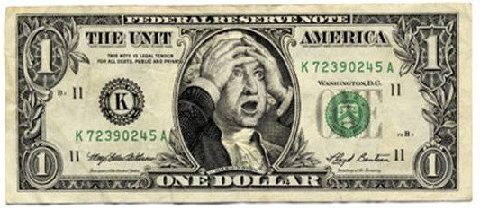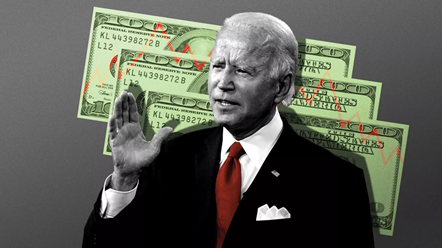
The U.S. Treasury Department acknowledges that sanctions are jeopardizing the dollar’s dominance. According to Janet Yellen, many countries are choosing to use other payment instruments and are increasing non-cash holdings in their reserves.
During her annual appearance before the House Financial Services Committee to discuss the state of the international financial system, the Treasury secretary admitted that the sanctions imposed by the United States are leading many countries to seek alternatives to the dollar for their transactions.
When asked about the risk of de-dollarization, Yellen acknowledged that the use of the dollar in the global economy is declining.
“It is not surprising that countries that fear being affected by our sanctions are looking for alternatives to the dollar. It’s something we should look forward to,” he said.

Asked by Congressman Vicente González whether the United States should reduce the use of sanctions in its foreign policy, given that even traditionally allied countries, such as France, are conducting non-monetary transactions, Yellen said that for most countries she sees “no meaningful solution” to use the dollar. He acknowledged that there is a growing diversification of reserve assets away from the dollar, but assured that the dollar is likely to maintain its status as the dominant currency.
“Over time, we should expect a gradual increase in the share of other assets in countries’ reserves, a natural need for diversification… But the dollar plays a critical role in the global financial system for very sound reasons that no other country can match. It will not be easy for any country to find a way to evade the dollar,” Yellen said. He stressed that among the main strengths of the dollar are “open, liquid and deep financial markets, the solid rule of law and the absence of capital controls,” characteristics that, according to Yellen, “no country can replicate.”
The widespread use of sanctions by the United States has led a growing number of countries to begin distancing themselves from the dollar in their trade agreements over the past year. For example, Ukraine-related sanctions imposed on Russia, which froze half of its reserves and limited Russian banks’ ability to conduct transactions through the SWIFT messaging system, forced Moscow to resort to national currencies in its dealings with foreign partners.

China, which has been clashing with Washington over export controls, has also increased the yuan’s share of its trade deals. Currently, almost all energy trade between Russia and China is conducted in yuan, and China’s national oil company, CNOOC, recently completed its first yuan-settled LNG transaction with France’s Total Energies.









